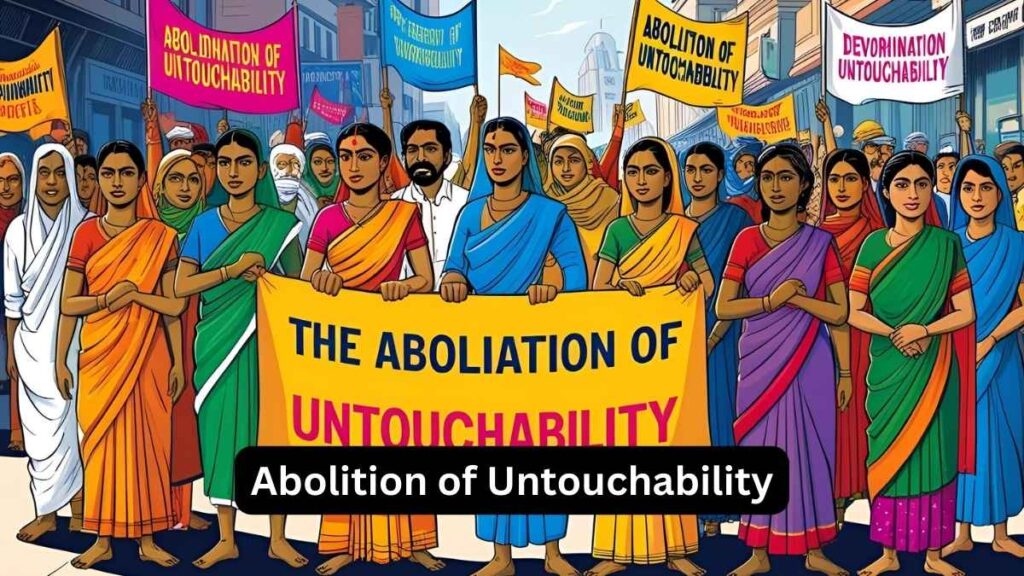Font size:
Print
National Centre for Good Governance
Context:
A Building Programme on Project and Risk Management for Public Works for the officers from the Republic of Tanzania commenced recently at the National Centre for Good Governance (NCGG), Mussoorie.
More on News:
- NCGG’s efforts reflect the Indian philosophy of ‘Vasudhaiva Kutumbakam’ emphasising enhancing bilateral ties and promoting cooperation with other nations.
- The capacity-building program offers cross-country experiences and facilitates policy dialogue, emphasising best practices in project and risk management across sectors.
Good governance refers to the effective and responsible management of public affairs and resources by public institutions to meet the needs of the people.
Good governance is characterised by eight key principles: participation, rule of law, transparency, responsiveness, consensus-oriented decision-making, equity and inclusiveness, effectiveness and efficiency, and accountability.
The Hota Committee, established in 2005, recommended:
- Institutionalisation of Training
- Competency-Based Training
- Interdisciplinary Training
- Use of Technology
- Continuous Evaluation and Feedback.
About NCGG:
- The National Centre for Good Governance (NCGG) was set up in 2014.
- It is an apex–level autonomous institution under the Ministry of Personnel, Public Grievances and Pensions.
- The Centre traces its origin to the National Institute of Administrative Research (NIAR), which was set up in 1995 by the Lal Bahadur Shastri National Academy of Administration (LBSNAA).
- It is mandated to work in the areas of governance, policy reforms, capacity building and training of civil servants and technocrats of India and other developing countries.
- The Centre has focused on decentralised planning, capacity building of Panchayat Raj Institutions (PRIs), etc.
- It also addresses good governance, social accountability, and issues in water, sanitation, and hygiene (WASH), among others.
- It also works as a think tank.



